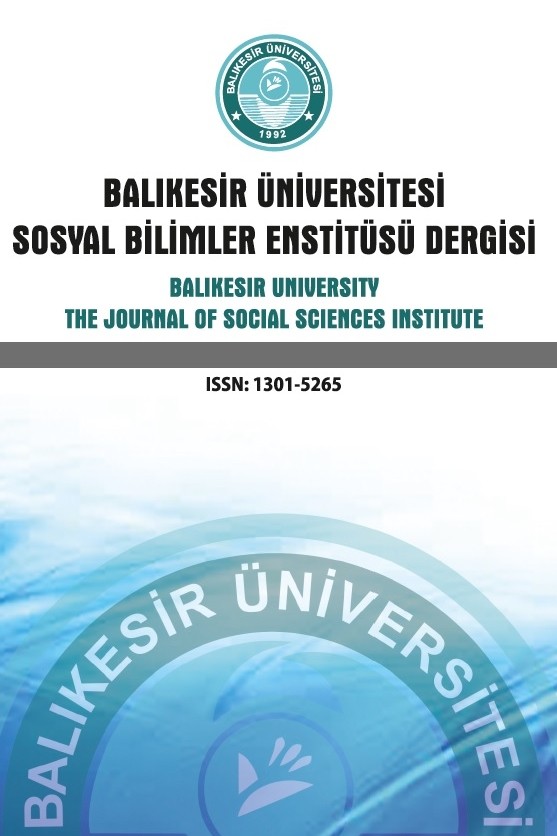
Balıkesir Üniversitesi Sosyal Bilimler Enstitüsü Dergisi
Yazarlar: Özlem ÖZDEMİR ÖZDEMİR
Konular:Edebi İncelemeler, Edebiyat
DOI:10.31795/baunsobed.900325
Anahtar Kelimeler:Epic,Kazakh epics,Mythology,Transition periods
Özet: Human life is a process of change and development that continues from the prenatal term to the death of the individuals. There are notable sub-processes as thresholds where the individual moves from her/his previous position to a different position. These are called "transition periods" and the most important of these stages are birth, marriage, and death. During the transition periods, ceremonies or celebrations that have functions such as clarifying the new position of the individual in the eyes of the society, celebrating her/him due to this new position, and protecting him from various negative effects she/he may be exposed to, are performed. Various symbolic practices associated with supernatural or sacred elements are practised in these ceremonies. Individuals and society internalize the new stage with the help of these practices supported by belief and continue their lives smoothly. The practices applied in transitional periods bear traces of the common cultural accumulation and mythological beliefs of the society in which they exist. Transitional practices were not only applied in daily life in society but also reflected in oral and written literature products that were cultural transmitters. Epics, in which the cultural elements in the common memory of the nation are reflected most intensely, also contain narratives about the transition periods. Kazakh epics, which have an important place among the Turkish world epics in terms of quality and quantity, are oral literature products that transfer the old Turkish culture to the present. In this study, the beliefs, traditions, and practices related to the transitional periods of the Kazakh Turks were compiled and their cultural background and contribution to the heroes of the epic were revealed. Conducted under the titles of "birth", "marriage", and "death", the study shows that the Kazak Epics often portrays the practices of Kazakh Turks from past to present. In addition, it was concluded that these were nourished by the Turkish mythological thought system, but some of them lost their ritual function and were applied within the context of tradition.